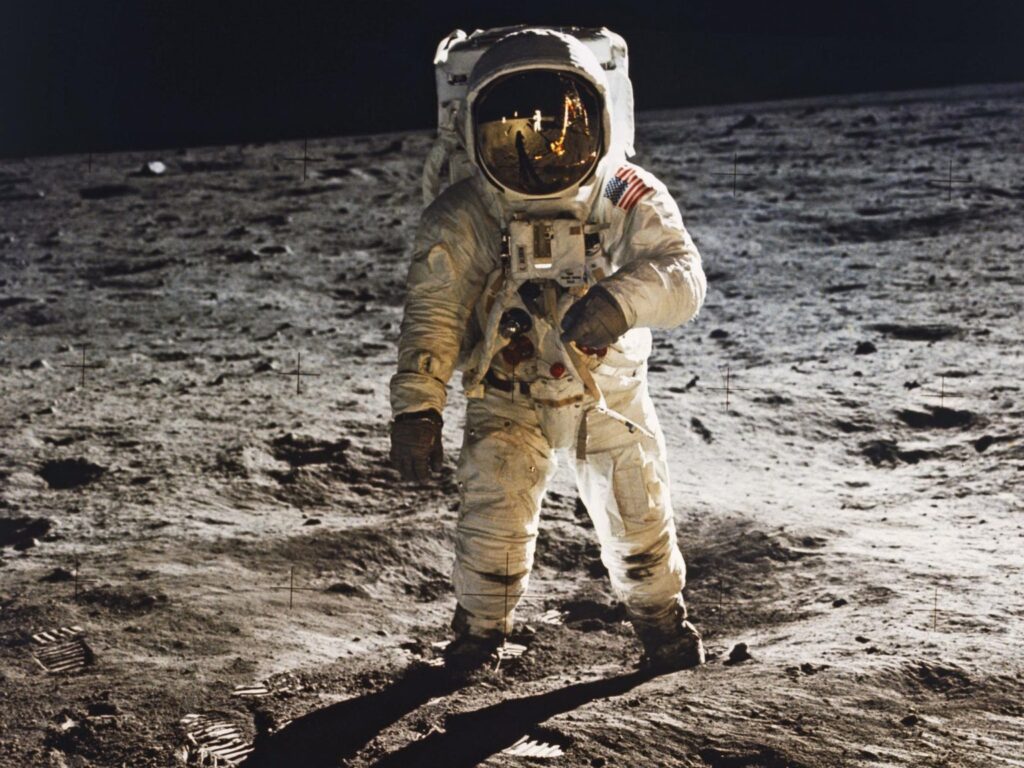
Audience
- Sentiment: Neutral
- Political Group: Moderate or Conservative
- Age Group: 18-34
- Gender: Male
Overview
- NASA faces uncertainty due to potential political changes, primarily with Trump’s return to power.
- Elon Musk’s influence through SpaceX may shift focus and funding away from NASA.
- Concerns about budget cuts and staff departures could hinder NASA’s long-term goals and innovation.
Uncertainty Looms at NASA Amid Political Changes
NASA has long been a name that sparks dreams of exploration, innovation, and endless possibilities among young people and adult space enthusiasts alike. From landing astronauts on the moon decades ago to sending rovers to Mars, the agency has captured the imaginations of millions. However, in the wake of recent political changes, uncertainty now looms over NASA’s future. This article explores the potential impacts of President Trump’s return to power, Elon Musk’s growing influence, and the challenges that lie ahead for America’s premier space agency.
A Brief History of NASA
Before diving into the present, it’s essential to understand what NASA represents. Founded in 1958, NASA (the National Aeronautics and Space Administration) has been responsible for many historic achievements in space exploration. Picture this: in 1969, astronauts Neil Armstrong and Buzz Aldrin became the first humans to set foot on the moon during the Apollo 11 mission. Their monumental journey not only changed the course of history but also ignited passions for science and engineering across the globe.
However, the agency’s journey has not always been smooth. It often operates under political scrutiny, with budgets and program priorities changing based on who is in power. Public interest in space exploration can swiftly shift due to economic challenges, global events, or even trends in popular culture. The constant ebb and flow of these forces can create an atmosphere of uncertainty, especially when it comes to planning long-term missions, like the ones NASA is currently undertaking.
The Trump Factor
With President Trump’s potential return to power, the atmosphere at NASA has already begun to shift. Historically, Trump’s administration was marked by an emphasis on deregulation and executive orders that often redefined how government agencies did their jobs. One significant tradition that could change under Trump’s leadership is NASA’s commitment to diversity programs. These initiatives aim to ensure that people from various backgrounds, especially underrepresented groups in science and technology, can contribute to the agency’s missions.
Imagine if the next generation of scientists, engineers, and astronauts were limited because certain voices or perspectives were pushed aside. Based on past actions, many NASA employees fear that potential cuts or shifts could dramatically affect the agency’s innovative spirit. It’s important to embrace diversity, not just because it’s the right thing to do but because different ideas lead to more creative solutions.
Elon Musk’s Influence
Adding to the mix is the rising influence of Elon Musk, the entrepreneur behind SpaceX and Tesla. Musk has not only changed the automotive industry but has also revolutionized space travel. His company, SpaceX, has dramatically reduced launch costs, making space more accessible and affordable. While many admire Musk’s vision and ambitious goals, others question whether his rising prominence in government circles could distract or detract from NASA’s mission.
Consider for a moment how dependent we are on technology in our daily lives. That technology didn’t magically appear; it was developed through years of research, funding, and dreaming big. If governmental support shifts toward private companies like SpaceX, the risk exists that NASA could face funding cuts or even significant project cancellations. Musk’s plans to colonize Mars may steal some of the thunder that historically belonged to NASA, leaving the agency competing not just with other countries but with a private individual’s ambitions.
Budget Woes and Moon Missions
NASA’s current plans include ambitious missions like the Artemis program, which aims to return humans to the moon by the mid-2020s. This program represents a critical step toward future explorations of Mars and beyond. However, as political winds shift, so does the agency’s budget. Money is always a significant concern in government agencies, and NASA is no exception.
NASA requires substantial funding not just to maintain its existing missions but also to innovate and develop new ones. If Trump’s policies lead to funding cuts or a redirection of resources, even established projects like the Artemis program could face cancellations or major delays. That means that kids today, who are dreaming of walking on the moon or working on Mars missions, might be left without the guidance of organizations like NASA that have inspired generations.
The Desk Job Dilemma
As uncertainty has begun to haunt NASA, experienced employees are starting to reconsider their future with the agency. Many who have dedicated their lives to space exploration might decide that it’s time to seek opportunities elsewhere. Just think about how hard it is for students to find mentors who guide them through academic and career choices. If NASA’s experienced staff chooses to leave, the agency could face a devastating brain drain.
The departure of seasoned professionals could weaken NASA’s ability to train newcomers, hindering innovation and creativity in an already competitive space industry. In a world that thrives on collaboration and mentorship, who will be left to nurture passion and curiosity among the next generation of aspiring astronauts and scientists?
Making Sense of the Future
This situation raises numerous questions about the future of NASA. What will the next mission look like? Will young scientists still find opportunities to work in their dream jobs? Can we maintain a focus on exploration and innovation despite the changing political climate? The fate of the agency rests not just in the hands of political leaders but also in the hands of ordinary individuals, advocates for science, and passionate space enthusiasts.
As students and budding scientists, it’s essential to remain engaged with the events that shape space exploration’s future. Whether you want to be an astronaut, engineer, or scientist, voicing your opinions and staying informed will help build a community that values and advocates for space exploration.
Let Your Voice Be Heard
In summary, NASA stands at a crossroads, caught between political change and the relentless pursuit of innovation. The potential return of President Trump, coupled with Elon Musk’s growing influence, brings unprecedented uncertainty to the organization. However, as history has shown, NASA has faced difficulties before, rising stronger and more determined after each obstacle.
As passionate dreamers and young leaders, you have the power to influence what happens next. What are your thoughts on NASA’s future amid these changes? What role do you think government and private enterprise should play in space exploration? Feel free to share your views and ideas in the comments below!






